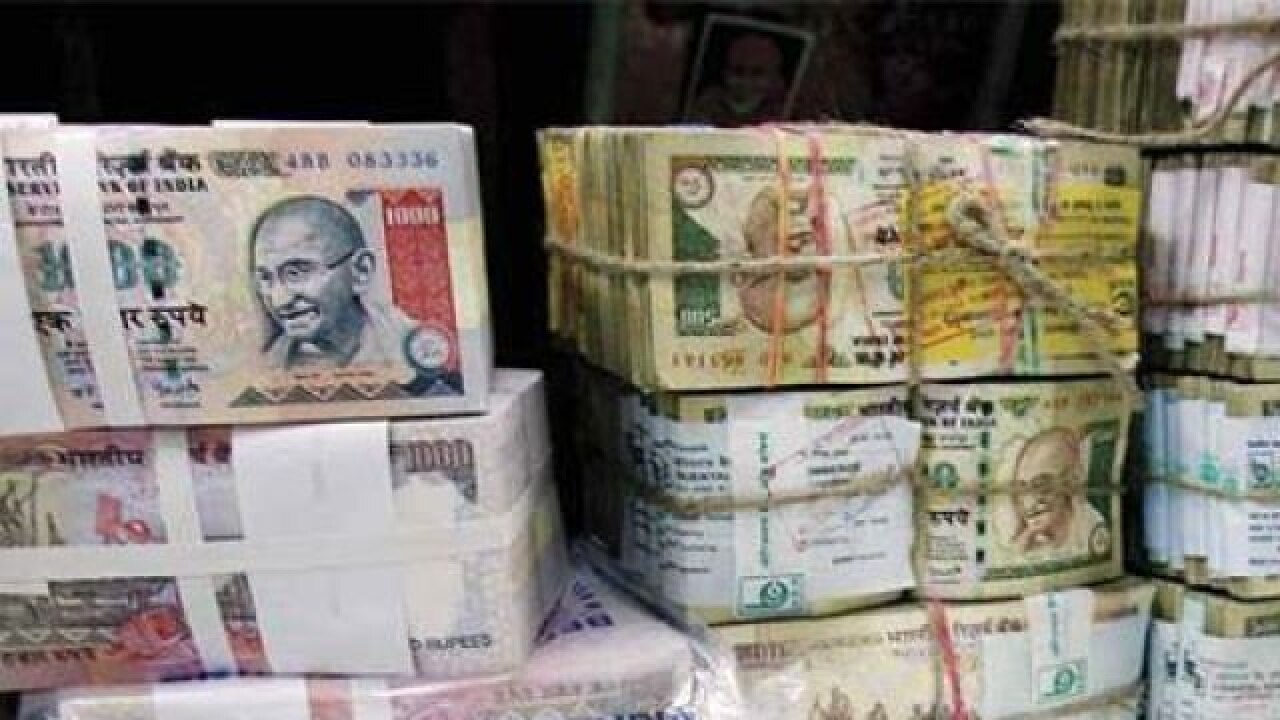
Gambling has been a part of India’s ethos since ancient times. Be it the Mahabharata in which the Pandavas indulged in the game of dice with Kauravas or festivals like Diwali when people allow themselves the pleasure of playing the game of cards for ‘fun’.
Currently, betting in horse racing and lottery tickets are legal in India. So, why should betting on sports not be legalised, especially in cricket, which is being played and followed like a religion in this part of the world?
Experts say it’s time betting in sports be made legal, as is the case in other European or developed countries. This, considering that the betting industry has one of the largest turnovers in United Kingdom and Italy, and taking into consideration that illegal betting syndicates in cricket need to be controlled.
This certainly does not suggest that legalising betting can stop match-fixing or spot-fixing, but it will reduce the menace considerably. Once legal, betting odds will be out in the open. And it is easier to keep track of anomalies, if any. Suppose there are unreasonably high odds against a player, who is not exactly a favourite or in form, it can immediately be investigated. Moreover, look at the revenue it will generate. Even former Chief Justice of India RM Lodha along with two other justices — Ashok Bhan and RV Raveendran — recommended similar changes in Indian law. So, it is time for lawmakers to mull over setting up a national level gambling regulatory authority along the lines of the UK Gambling Commission.
Worldwide, gambling is an important source of economic activity and also of employment. According to H2 Gambling Capital, May 2010, the global e-gambling (gambling on the Internet) market is worth over $30 billion. In UK (2008), gambling was responsible for generating 3 billion pounds ($4.65 billion) in gross value-added terms and helped create 40,700 equivalent jobs. In contrast, gambling laws in India are outdated and unclear.
According to a paper submitted to the sports ministry, Federation of Indian Chambers of Commerce and Industry (FICCI) has stated that approximately Rs300,000 crore in black money was being pumped into betting every year in the country. Thus, the panel was of the view that betting could serve both the game and economy, if it were legalised as has been done in the UK.
A Supreme Court-appointed Special Investigating Team’s (SIT) report had stated that cricket betting is one of the key sources of black money generation. Even Justice Mukul Mudgal, former Chief Justice of Punjab and Haryana High Court, who probed the 2013 IPL and the spot-fixing scandal, had called for betting to be legalised to prevent transactions of huge amounts of black money in cricket betting.
The people involved in betting rackets are not just linked to the underworld but the money is being used to fund terror groups. This alarming situation can be easily regulated and controlled if betting is made legal.
The gambling industry comes under the ‘leisure’ section of the travel and transportation industry. It includes sports betting, lottery, bingo, casino, poker, horse-racing and other games that might end up making or losing money for those who play it. To widen the ambit of betting, stakes can also be placed on activities like wars, movies, the elections, TV shows, celebrities, etc. In India, betting-related activities could be restricted to sports initially to see its impact on society.
Talking about cricket, match-fixing is a monster that has to be tamed and legalising betting will be a step in the right direction. It doesn’t pay any more to allow this menace to fester.